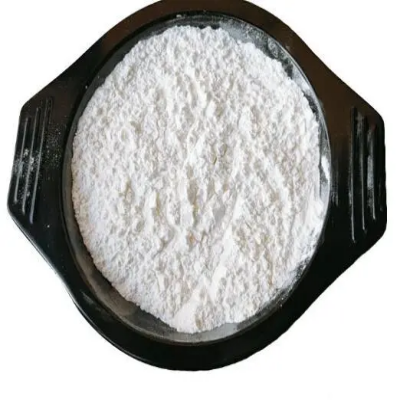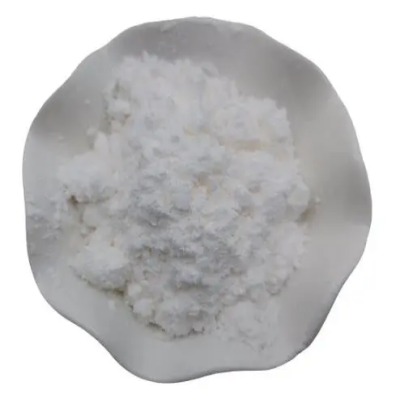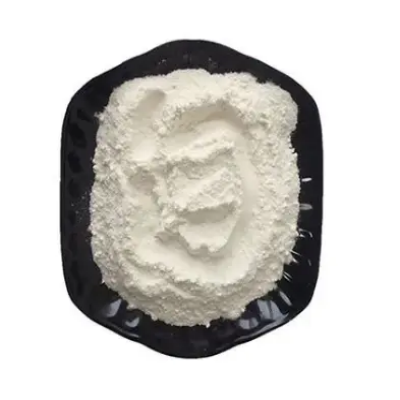Polymyxin B sulfate CAS:1405-20-5
Polymyxin B sulfate is primarily used in the treatment of serious infections caused by susceptible gram-negative bacteria, including Pseudomonas aeruginosa, Acinetobacter baumannii, and Klebsiella pneumoniae. These bacteria are often associated with healthcare-acquired infections in critically ill patients or those with compromised immune systems. Polymyxin B sulfate is commonly administered intravenously or topically, depending on the site and severity of the infection. Due to the emergence of multidrug-resistant pathogens, polymyxin B sulfate has regained importance as a last-resort treatment option. In cases where conventional antibiotics have failed or are not effective, polymyxin B sulfate may be used as part of combination therapy to enhance antimicrobial efficacy and combat drug-resistant infections. Healthcare providers must carefully monitor patients receiving polymyxin B sulfate therapy due to the risk of adverse effects, such as nephrotoxicity and neurotoxicity. Close monitoring of renal function and neurological status is essential to ensure early detection and management of potential toxicities associated with polymyxin B sulfate treatment. Overall, polymyxin B sulfate plays a crucial role in the management of severe gram-negative bacterial infections when other treatment options have been exhausted, highlighting its significance in combating challenging infectious diseases.



| Composition | C56H100N16O17S |
| Assay | 99% |
| Appearance | white powder |
| CAS No. | 1405-20-5 |
| Packing | Small and bulk |
| Shelf Life | 2 years |
| Storage | Store in cool and dry area |
| Certification | ISO. |





![N-[3-(Isodecyloxy)propyl]propane-1,3-diamine CAS:72162-46-0](https://cdn.globalso.com/xindaobiotech/B7BHTM43TKFHZ0EB3TY7.png)



